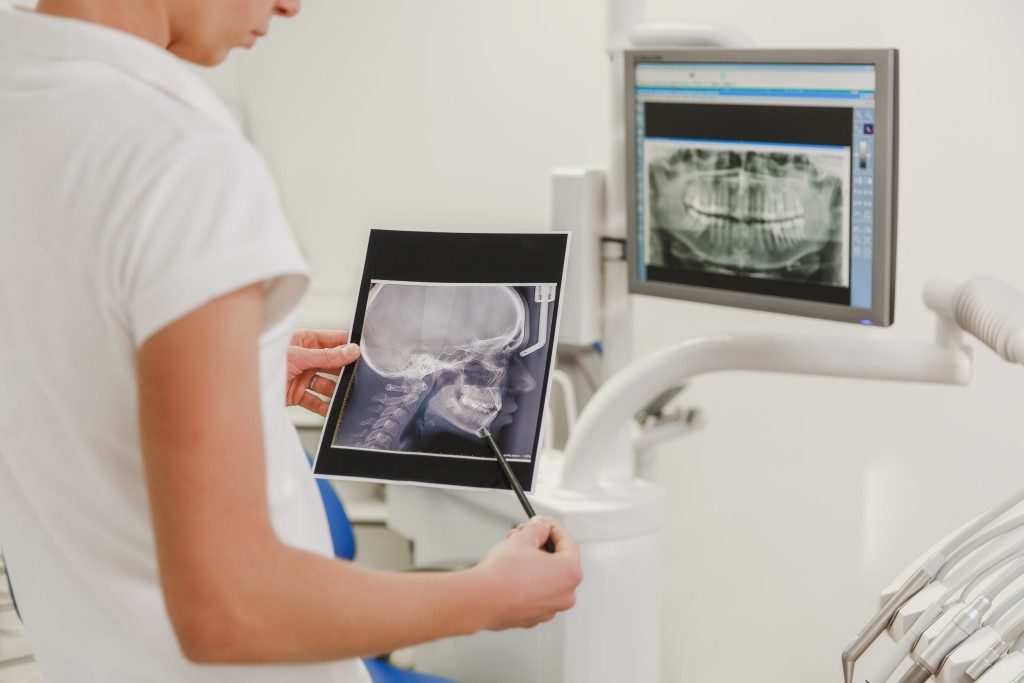The field of science continues to evolve with each passing year. Experts discover new threats and possible ways to treat them. Alongside that, they also try to improve treatment for pre-existing conditions. As the complexity of health care rises, the need for quicker and more efficient services becomes more prevalent.
Hence, the appearance of different facilities other than the typical hospitals. It’s crucial for patients to determine the differences of each facility because this knowledge allows them to make more informed decisions about their health care.
Diagnostic Centres
Diagnostics play a vital role in treatment and prevention. Its tests come in three forms: Pathology, Laboratory Medicine, and Radiology. At its most basic level, tests that require blood or urine are used for mere observations — their results allow doctors to diagnose and treat any simple ailments. Radiology exams, on the other hand, deal with more complex issues. Brain tumors can be located by MRI scans, while X-rays can see the gravity of broken bones.
In the past, these tests were done in hospitals. However, the ever-increasing number of patients needing treatment has highlighted the need for a facility dedicated to diagnostics. Thus, diagnostic centres were born. These facilities allow patients to have tests done without waiting in long lines. Some facilities in the UK even allow MRI scans without GP referrals.
Urgent Care
Emergencies and accidents come in the most unexpected moments. Oftentimes, multiple people experience them at the same time. As a result, emergency rooms get busy, with staff overworked just so they can tend to critical and non-critical patients.
To alleviate the stress on ERs, urgent care facilities were created. Sometimes called walk-in clinics, these facilities are equipped with professionals capable of treating and seeing to common injuries and chronic ailments. Sprains, stomach flus, migraine, and asthma are some conditions that can be treated in urgent care.
As implied, there are limitations to what urgent care can do. If the situation is grave, and can result in death if not treated well or immediately, it’s best for patients to be brought to the ER where proper equipment and specialized doctors can see to them.
Mental Health Services
The conditions of the body are not the only ones given focus in recent years. Even the ailing mind has facilities specializing in its care.
Individuals suffering from mental illnesses or addiction can look into mental health services if they need help in dealing with their conditions. Like most scenarios, there are some service options that can be accessed without a referral from a general practitioner.
Additionally, services are divided into sectors. Child and adolescent mental health services are offered to those of school age, while working professionals can check what service is available to them with their employer. Those who cannot come in but need help can access a list of mental health helplines that can provide arrange immediate assistance.
After learning about the intricacies of each facility, it’s also important for patients to look into what their health insurance has to offer, as well as check with their general practitioner.
As mentioned, there are services offered to the public without a referral. But, this also means that there are plenty that requires one, too. To save time, visit a general practitioner before going in and asking to get tests done.

